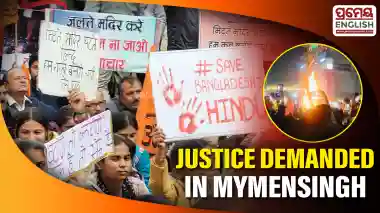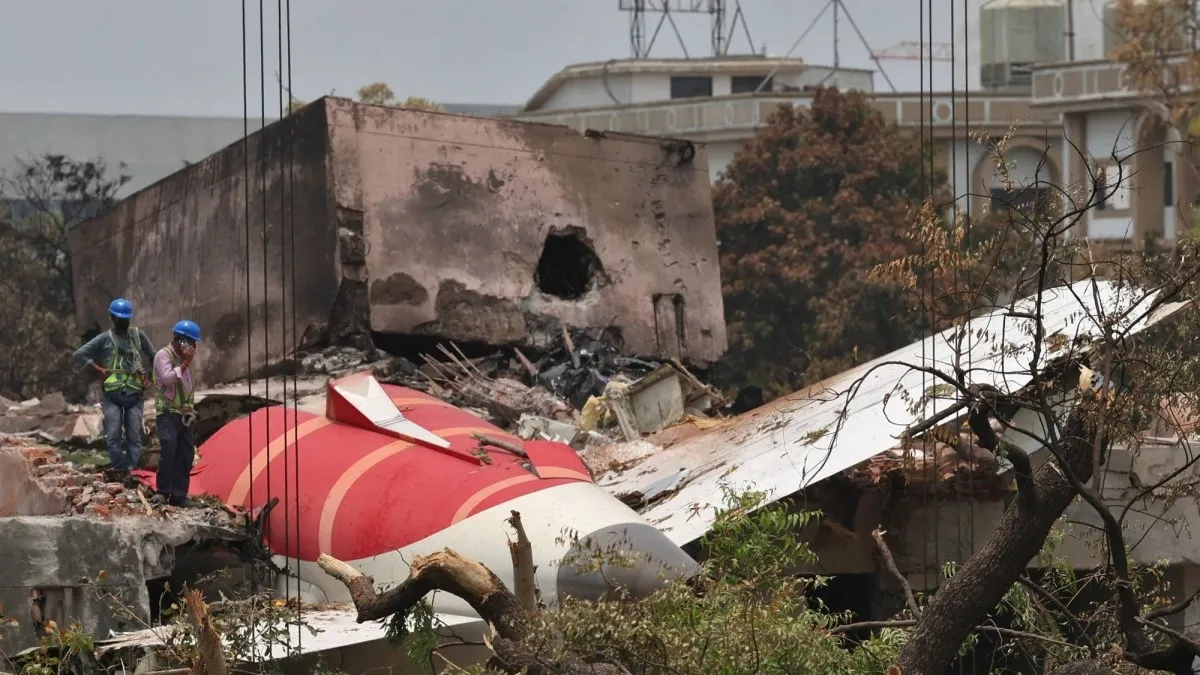

'Unfortunate': Supreme Court Slams 'Irresponsible' Pilot Blame in Air India Crash Probe
In a significant intervention in the ongoing investigation into the catastrophic Air India plane crash, the Supreme Court of India has described media reports blaming the pilots as "unfortunate" and "irresponsible," warning of the devastating impact such premature conclusions have on the families of the deceased. The top court's powerful observations came during the hearing of a Public Interest Litigation (PIL) that seeks an independent, court-monitored probe into the disaster and alleges that the official preliminary report is critically incomplete.
Challenging the Official Narrative
The hearing brought the controversy surrounding the investigation into sharp focus. The PIL, filed by the NGO 'Safety Matters Foundation,' argued that the official preliminary report from the Aircraft Accident Investigation Bureau (AAIB) had unfairly pointed towards "pilot error" as the cause of the crash. Advocate Prashant Bhushan, representing the NGO, highlighted a disturbing sequence of events: a story was first published in The Wall Street Journal, even before the official report was submitted to the government. When the preliminary report was eventually released, he argued, a narrative suggesting one of the pilots was suicidal and had deliberately switched off the fuel supply was allowed to take hold.
The petition contends that this narrative is based on incomplete information, alleging that the AAIB report has withheld crucial data, including the full transcripts from the Cockpit Voice Recorder (CVR) and the complete output from the Digital Flight Data Recorder (DFDR). This missing data, the plea argues, is "indispensable for a transparent and objective understanding of the disaster," suggesting the "pilot error" conclusion may be a convenient oversimplification.
A Question of Corporate Rivalry
The Supreme Court bench, comprising Justices Surya Kant and N Kotiswar Singh, appeared highly receptive to these concerns. Justice Kant explicitly labeled the media reports suggesting a suicidal pilot as "very irresponsible," asking rhetorically what would happen to the family's reputation if a final, more thorough investigation were to find no fault with the pilots.
In a striking and unusual observation, the bench also raised the possibility of corporate sabotage, noting that rival aircraft manufacturers could potentially benefit from such tragedies. "Unfortunately, sometimes when such a tragedy happens, the benefit is taken by rival aircraft companies," the bench observed, suggesting that the blame might not necessarily lie with giants like Airbus or Boeing, who could argue the plane was properly maintained. This comment introduces a new and potentially explosive angle to the investigation, acknowledging the high-stakes commercial realities that often surround such disasters.
The Path to a Transparent Investigation
While stopping short of ordering an independent probe for now, the court has taken a decisive step to ensure a more transparent process. It has issued formal notices to the Directorate General of Civil Aviation (DGCA) and the Ministry of Civil Aviation, seeking their response to the plea for a fair and expeditious investigation. The bench made it clear that "nobody should be allowed to create rumours or misrepresent the situation," signaling that it intends to closely monitor the integrity of the probe going forward. The court's intervention has transformed the investigation, moving it beyond the initial, contested findings and placing the entire process under the watchful eye of the nation's highest judicial authority.